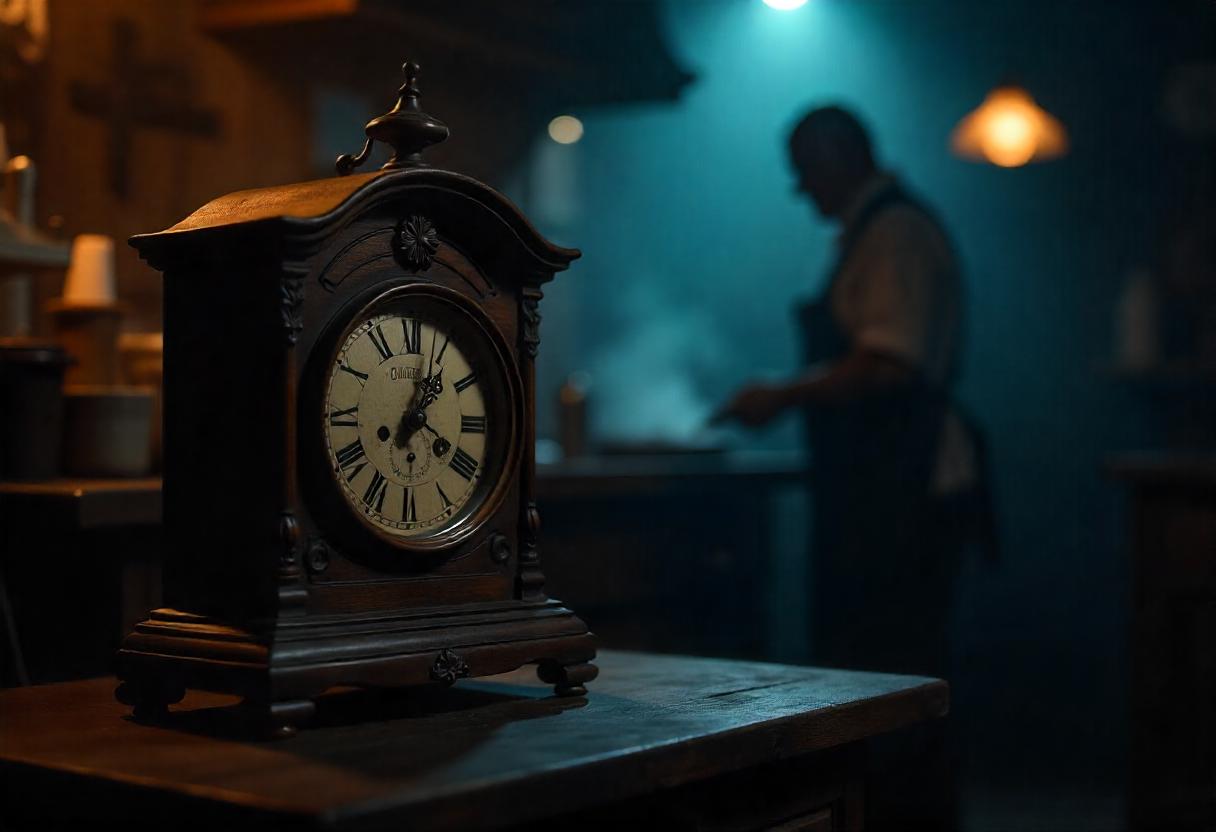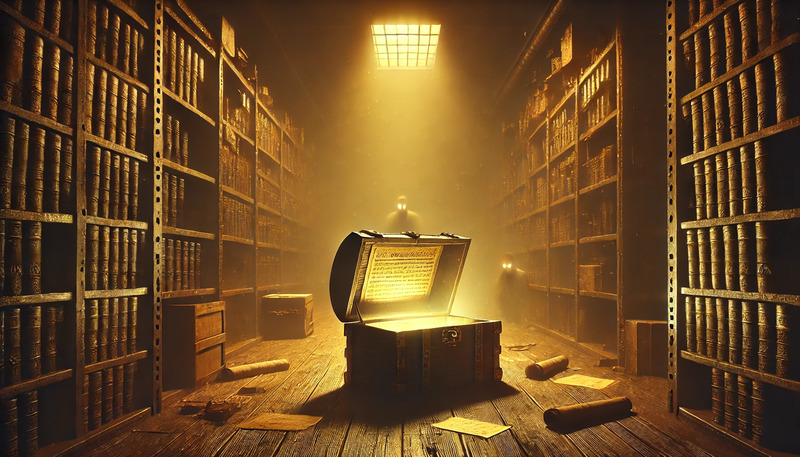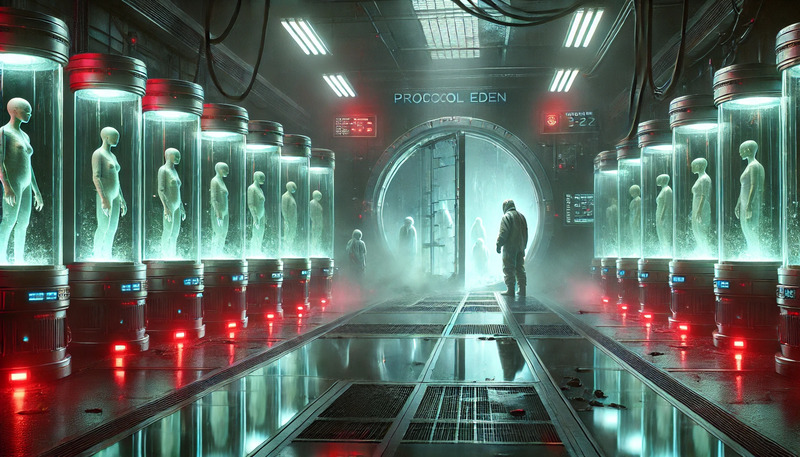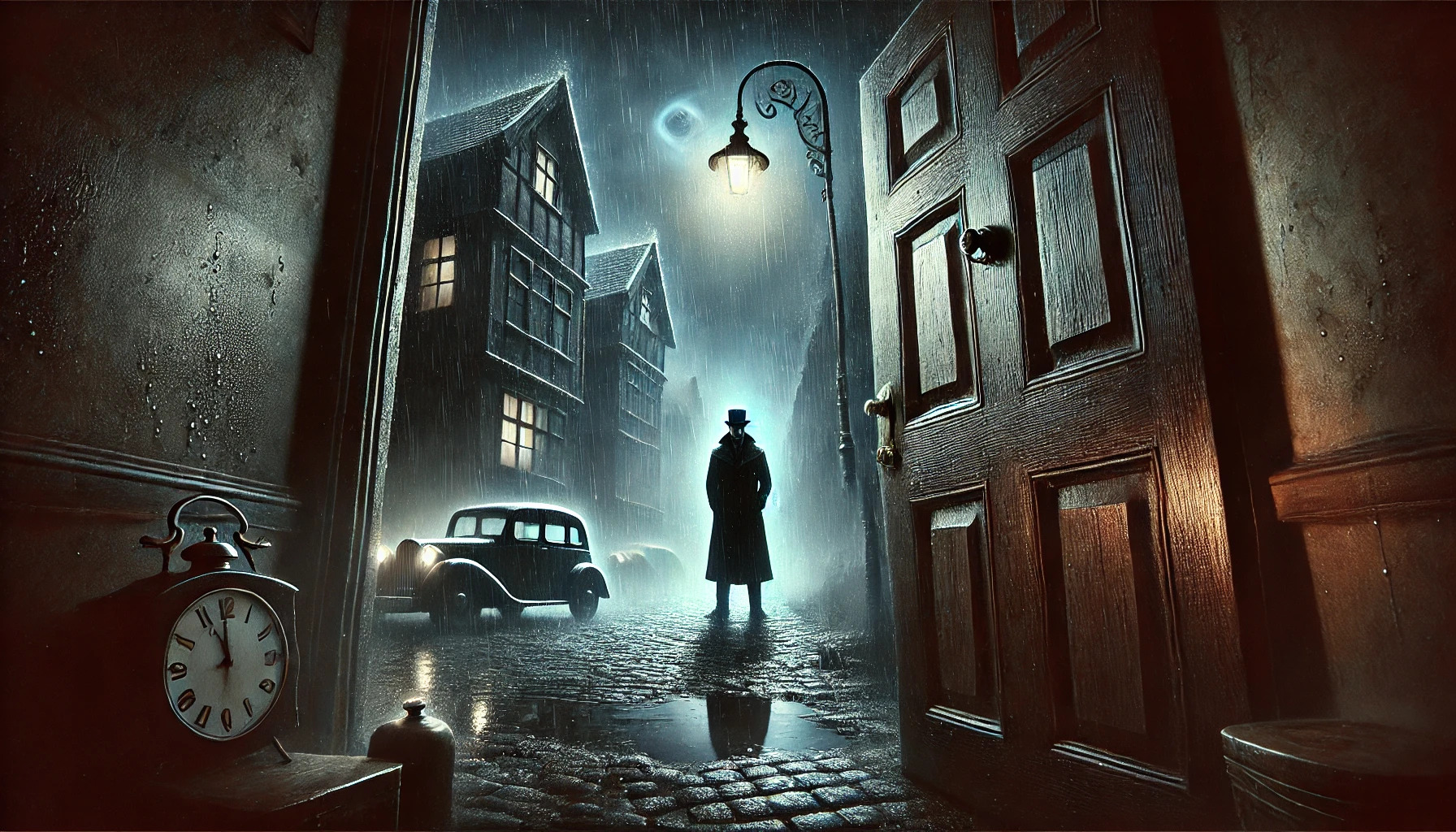
The Clockmaker's Gift
In a sleepy town, a young woman receives a strange clock as a gift — a clock that keeps perfect time, except for one minute each night when it ticks backwards.
It was Mrs. Delaney who first told Nora about the clockmaker.
An old man with crooked hands and sharper eyes, they said, who lived alone in the last shop at the end of Willow Lane — a place where the streetlights never quite reached, and the shadows stayed longer than they should.
No one had seen him in years.
Some whispered he had died.
Others said he had simply grown tired of making clocks for people who no longer cared about time.
Nora didn’t believe in ghost stories.
Not until the day a small, wrapped package appeared at her doorstep — no return address, no explanation.
Inside: a beautiful, hand-carved wooden clock, delicate as a music box.
Pinned to it was a single note:
"For when you need to remember."
The clock worked perfectly.
Except once each night, at exactly 2:17 AM, it ticked backward for sixty seconds — the second hand sweeping counterclockwise with a sound like a soft gasp.
At first, Nora ignored it.
Then the dreams began.
Memories she had long buried — her father’s final words, the face of the brother she had lost as a child, the smell of rain on the day everything changed — rose up, vivid and painful.
Each night, after the backward ticking, something in the house shifted.
The photos on the walls tilted slightly.
A drawer would be ajar that she swore she had closed.
Once, she found muddy footprints leading from the front door to the base of the clock.
She tried to get rid of it.
Burn it.
Smash it.
But the clock reappeared the next morning, whole, ticking as steadily as ever.
On the seventh night, as the clock ticked backward, she heard a whisper behind her:
"You forgot us."
She turned, heart hammering — but found only the empty, moonlit room.
The clock chimed once, sharply.
And when Nora looked again,
the house was no longer her house.
The photos on the walls showed people she didn’t know.
The air smelled of rain and dust and something older still.
From the end of the hallway,
the clockmaker watched with eyes like the turning gears of a dying machine.
He smiled, raised one crooked hand, and pointed to the clock.
"You have one minute to remember," he said.
"Or you stay."
An old man with crooked hands and sharper eyes, they said, who lived alone in the last shop at the end of Willow Lane — a place where the streetlights never quite reached, and the shadows stayed longer than they should.
No one had seen him in years.
Some whispered he had died.
Others said he had simply grown tired of making clocks for people who no longer cared about time.
Nora didn’t believe in ghost stories.
Not until the day a small, wrapped package appeared at her doorstep — no return address, no explanation.
Inside: a beautiful, hand-carved wooden clock, delicate as a music box.
Pinned to it was a single note:
"For when you need to remember."
The clock worked perfectly.
Except once each night, at exactly 2:17 AM, it ticked backward for sixty seconds — the second hand sweeping counterclockwise with a sound like a soft gasp.
At first, Nora ignored it.
Then the dreams began.
Memories she had long buried — her father’s final words, the face of the brother she had lost as a child, the smell of rain on the day everything changed — rose up, vivid and painful.
Each night, after the backward ticking, something in the house shifted.
The photos on the walls tilted slightly.
A drawer would be ajar that she swore she had closed.
Once, she found muddy footprints leading from the front door to the base of the clock.
She tried to get rid of it.
Burn it.
Smash it.
But the clock reappeared the next morning, whole, ticking as steadily as ever.
On the seventh night, as the clock ticked backward, she heard a whisper behind her:
"You forgot us."
She turned, heart hammering — but found only the empty, moonlit room.
The clock chimed once, sharply.
And when Nora looked again,
the house was no longer her house.
The photos on the walls showed people she didn’t know.
The air smelled of rain and dust and something older still.
From the end of the hallway,
the clockmaker watched with eyes like the turning gears of a dying machine.
He smiled, raised one crooked hand, and pointed to the clock.
"You have one minute to remember," he said.
"Or you stay."



Comments